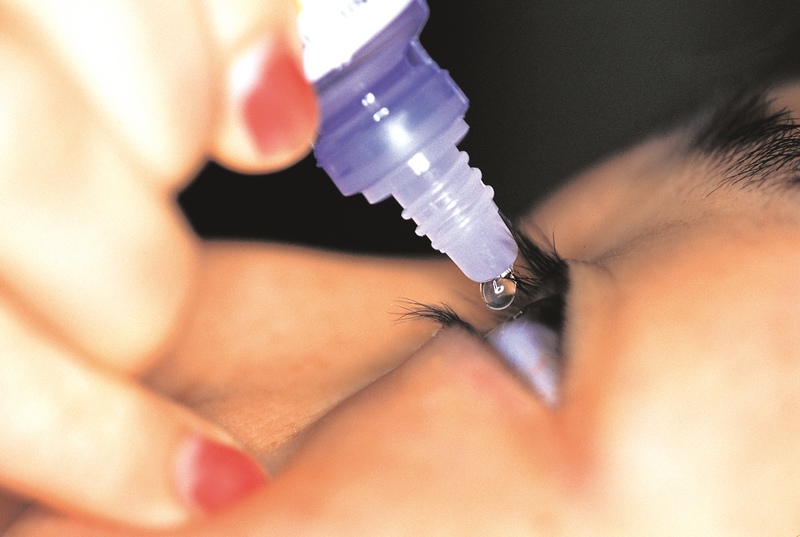
THURSDAY, July 1 (HealthDay News) — Corneal transplant rejection is more likely to occur in people who have abnormal vessel growth in their eyes before undergoing the surgery, a team of German and British researchers reports.
However, people with the condition — known as neovascularization — might improve their chances of a successful transplant, the researchers say, if they were given growth-inhibiting drugs beforehand.
Known as antiangiogenics, such drugs include bevacizumab and ranibizumab. In addition, other drugs that work at the genetic level to control such problematic growth are currently under study.
“The presence of corneal neovascularization before surgery makes it about 30 percent more likely that the transplant will fail and more than doubles the risk of graft rejection,” researcher Dr. Claus Cursiefen said in a news release from the American Academy of Ophthalmology. “We also found that the risks of failure and rejection rise with the extent of vascularization — the more extensive the [abnormal vessel growth in the eye], the higher the risks.”
“In the future, preconditioning a vascularized cornea before transplantation may be a useful strategy to promote survival of the graft,” he added.
The findings, reported in the July issue of Ophthalmology, were based on a review of 19 studies that included nearly 24,500 corneal transplants.
The researchers also found that being older and male appeared to raise the risk for transplant failure, but they cautioned that those particular factors needed to be verified with further study.
In the United States, about 40,000 corneal transplants are conducted every year to restore sight to people whose outer eye surface has been damaged in some form. The surgery is the most frequently performed transplant operation and is generally considered one of the more successful ones, as well, according to the academy.
People who do not have vascularization when they undergo transplantation have a greater than 80 percent chance of retaining good eye health five years after their surgery, the researchers noted.
Currently, various precautions are taken before surgery to improve the chances of success, including matching donor and corneal recipient tissues as closely as possible and tamping down the immune response of the person receiving the transplant.
More information
The U.S. National Library of Medicine has more on corneal transplantation.

